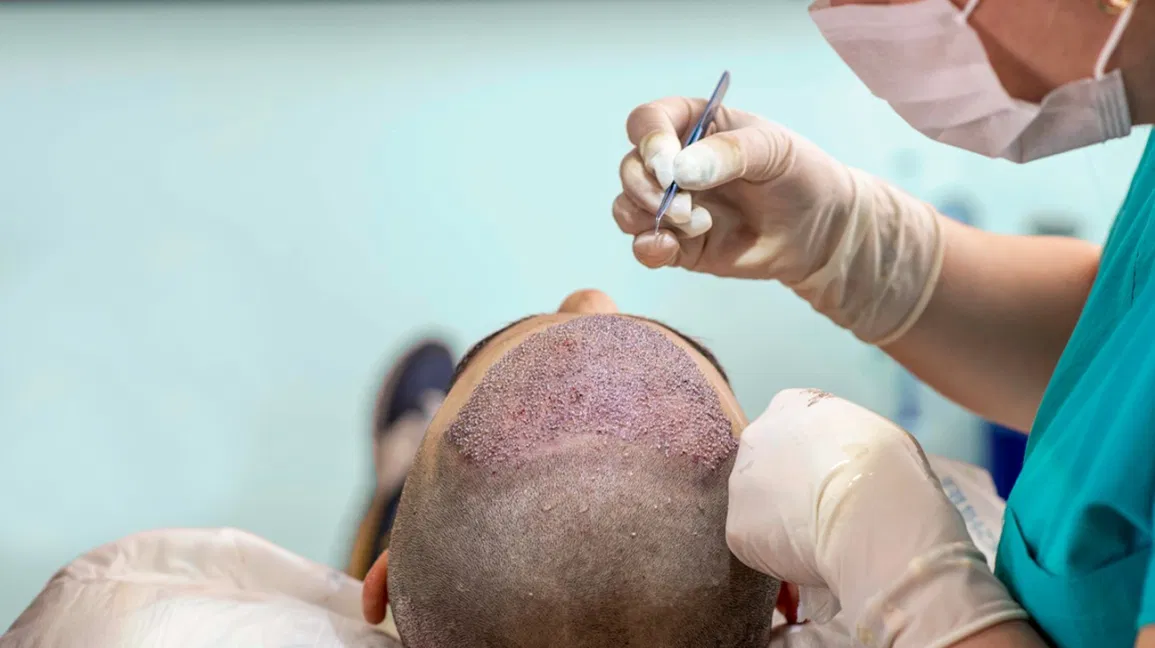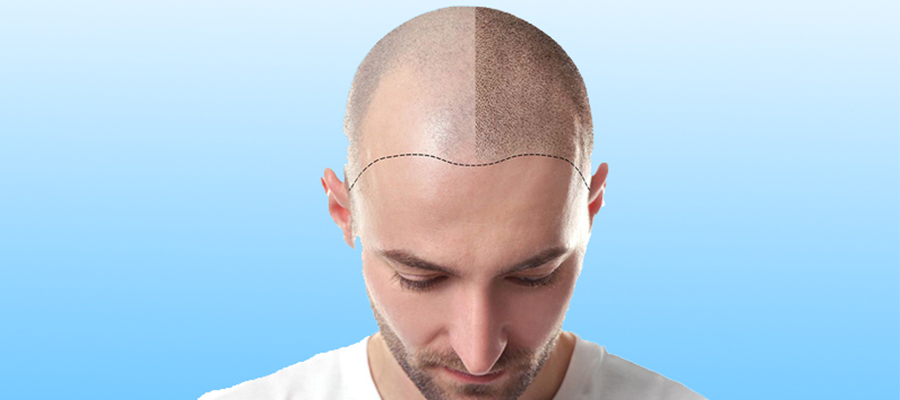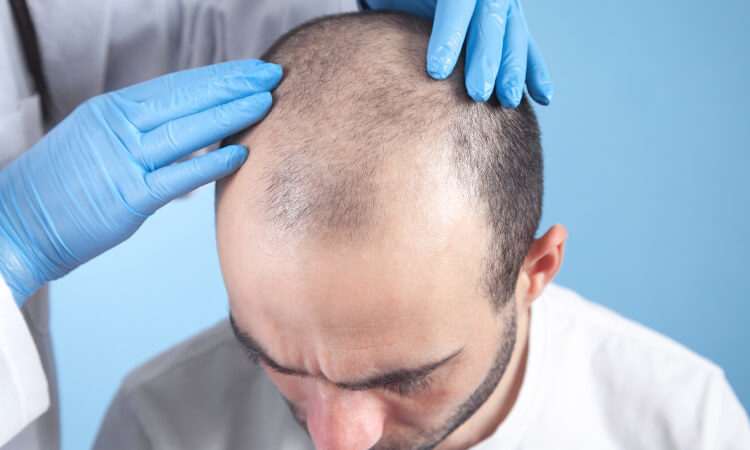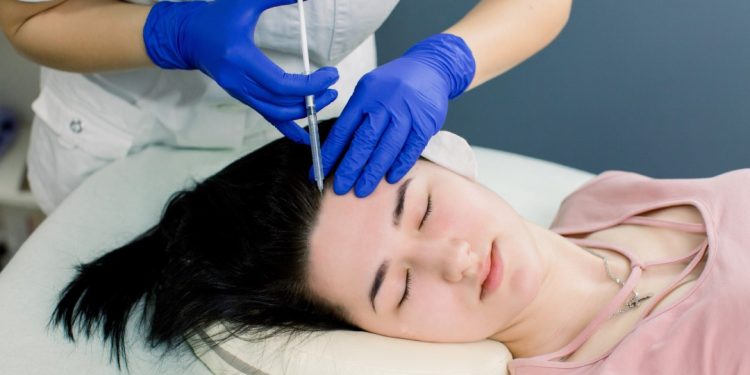During our lives, many of us will lose our hair and no matter the reason, it can be worrying and detrimental to our self-esteem and confidence. A hair transplant is a solution that means you can restore your head of hair to its former glory, and no one will know the difference! These procedures have come a long way over the years, so you can benefit from high-quality results and a full head of hair to achieve your desired look. Read on to find out more about some of the factors that can affect a hair transplant like medication, nutrients, and vitamins as well as how your diet and exercise regime can have an impact.
If your self-esteem is suffering due to hair loss, or tooth loss, choosing a hair transplant, or turkey hair transplant can help you to restore your confidence as well as your look.
Types of hair transplants
If you’re thinking of choosing a hair transplant but you’re unsure where to start, it is helpful to be aware of some of the procedures that you can choose from, the results that come with them, along with any side effects you may suffer.
- FUE hair transplant: This refers to a follicular unit extraction, it is minimally invasive and can lead to natural-looking results. Follicles are taken from the back of the scalp and implanted in problem areas to regenerate lasting growth. This is done under local anaesthesia which means minimal downtime for recovery.

FUE hair transplant - DHI transplant: This type of transplant is similar to FUE, but the surgeon uses a pen-shaped tool to implant follicles extracted from the site with healthy hair, onto the balding site. It comes with a few benefits like a lower risk of bleeding and a higher chance of survival rate for the follicles implanted.

DHI transplant - FUT hair transplant: This type of transplant is also an option but is becoming less common as it is more invasive than the others. It involves removing a strip of skin to implant the hair follicles to a different site on the head, meaning noticeable scars may be left.

FUT hair transplant
Reasons for hair loss
If you’re suffering from hair becoming thin or balding, you may be wondering why this is happening. Hair loss can take place for several reasons such as genetics – male pattern baldness can happen to men that have had a gene passed down to them through their family. You may notice that you’re losing hair after a traumatic event or illness too – this is common, but the hair will often grow back after the illness has passed. Other factors like poor diet and nutrition, poor hair care and styles that may put stress on the follicles have all been known to cause hair loss in some of us.
Aftercare
If you decide that a hair transplant is the course of action you’d like to take to restore your hair, here are some of the most common aftercare procedures that you may be asked to carry out to ensure you get the best result from your transplant, as well as factors that may affect it.
Medications
After the procedure, you will have to take the medication that is prescribed to you. This medication will contain anti-inflammatory properties to help with any potential swelling that may take place after the treatment, as well as pain relief to help you through the recovery process.
Nutrients and Vitamins
A variety of vitamins and minerals may be necessary after a hair transplant, to strengthen the hair follicles and give them the best chance of surviving. These minerals allow the hair transplant to be as healthy as possible. Vitamins and minerals are present in your diet, but you should ensure that you’re getting B complex vitamins for hair structure and growth, Vitamin A for the growth of hair cells and production of sebum (natural oils) and Vitamin C for healing and preventing oxidative stress, that causes the hair to fall out.
Diet and exercise
As previously mentioned, your diet is important to ensure you’re getting the vitamins and minerals you need for your hair to grow and be restored. A few of the foods you could implement into your diet are as follows: Brown rice, spinach, lettuce, almonds, and peppers as these foods are packed with all the good stuff your hair needs. Drinking water before and after your procedure will also help. Although exercise is healthy, you will need to keep it to a minimum after your procedure, as excessive sweating can influence your hair transplant.
























